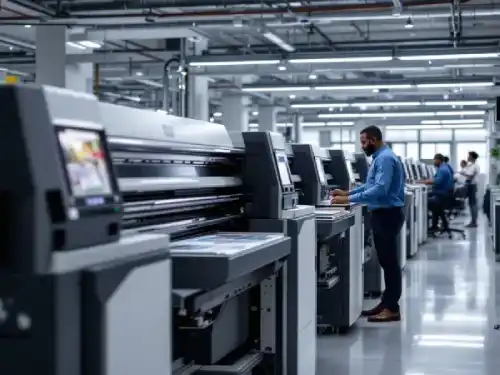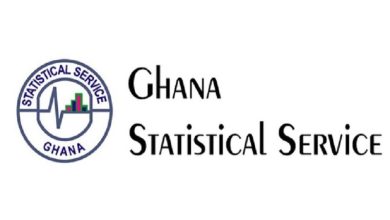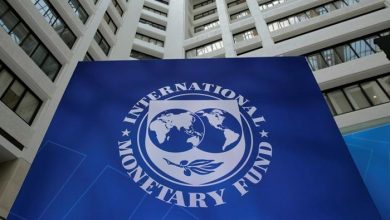Policy change could boost job creation by 40%, retaining millions in Ghana – Local Printing Industry

Ghanaian printers say the government’s decision to reserve textbook printing contracts for local firms could unlock a wave of industrial growth, create thousands of jobs, and prevent millions of cedis from leaking out of the local economy.
The Ghana Printers and Paper Converters Association (GPPCA) maintains the sector—currently underutilized—could increase employment by up to 40% if awarded a larger share of public contracts that are often outsourced abroad.
“Ideally, the industry could increase employment rates by about 40 percent if they were awarded significant volumes of printing contracts that currently are sourced from abroad,” the Association noted in a statement.
GPPCA is also pushing for broader reforms, including the removal of pre-production tariffs, levies on imported finished materials, and enforcement of the 2005 Textbook Policy to guarantee 100% of government printing contracts go to local firms.
“The government will cancel all exemptions for companies that import finished printed materials such as jackets, boxes, or packaging materials. Hence, they must pay import duties and VAT. That government will create a favorable environment to help local printers and converters grow, employ more people, pay more taxes and create wealth.”
It is also calling for a legislative instrument mandating all public institutions to source their printed materials and packaging locally.
The group believes consistent government support could position Ghana as a competitive print and packaging hub for West Africa, with strong potential for tax mobilization, job creation, and export growth.
The Association reserved praise for President John Mahama’s directive to print textbooks locally, describing it as a long-overdue move to transform education and empower local industry.










